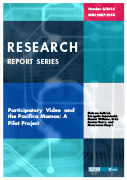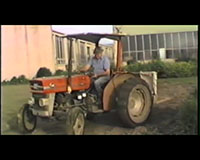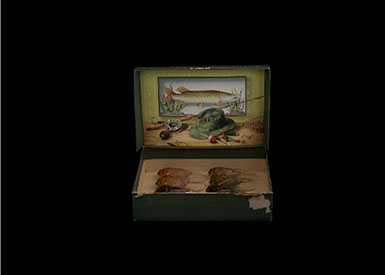Category eMedia
Several modelling tools were utilised to develop maps predicting the suitability of the Fiji Islands for longhorned beetles (Cerambycidae) that include endemic and endangered species such as the Giant Fijian Beetle Xixuthrus heros. This was part of an effort to… Continue Reading →
Emerging literature highlights that in the Pacific, the use of participatory video (PV) is a new trend in research and community action. It can be employed as a tool to empower communities to have agency over their media outputs, meaning… Continue Reading →
More Than a War: Remembering 1914-1918 presents a creative juxtaposition of digital platforms—a combination of audio, video, archival images, soundscapes, and social media, among others—to tell the stories from 1914–1918 a century later. Led by Sara Donaghey, Sue Berman and Nina Seja, the transmedia… Continue Reading →
In 1993, Neville Exler filmed on his Sony Handicam, the three Connell brothers on site at their market garden on Rosebank Road. This film was made just as these men, the last farmers on Rosebank Road were negotiating the sale… Continue Reading →
This new eMedia publication comes from project that was based on the notion of the evocative object – not necessarily around the way we might consider/connect/value an object in terms of its use, or its aesthetics, or ownership but rather… Continue Reading →





